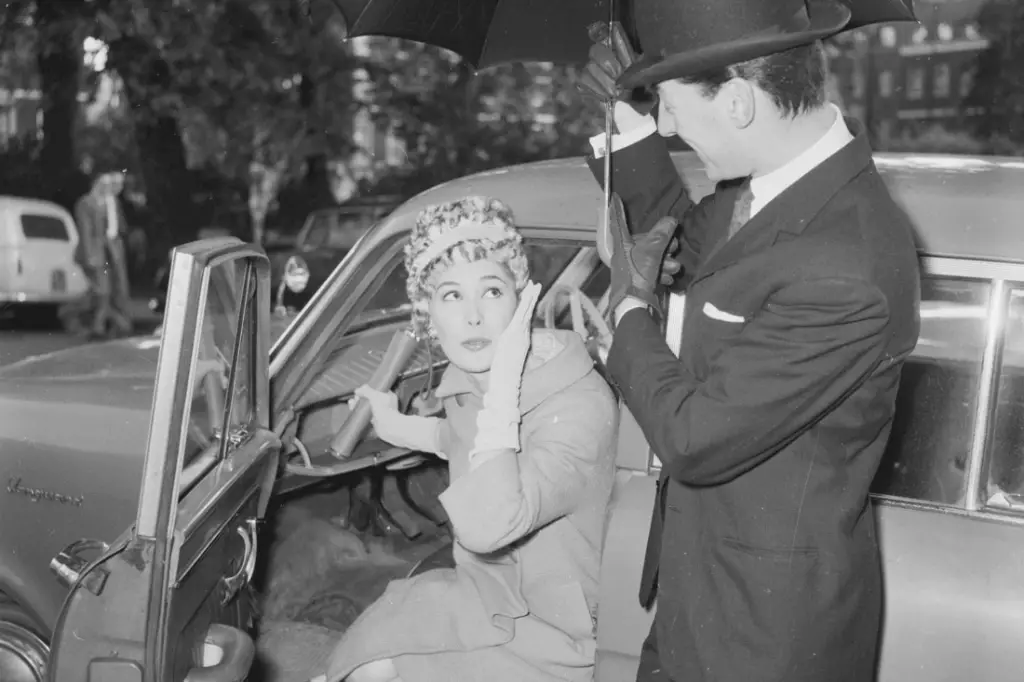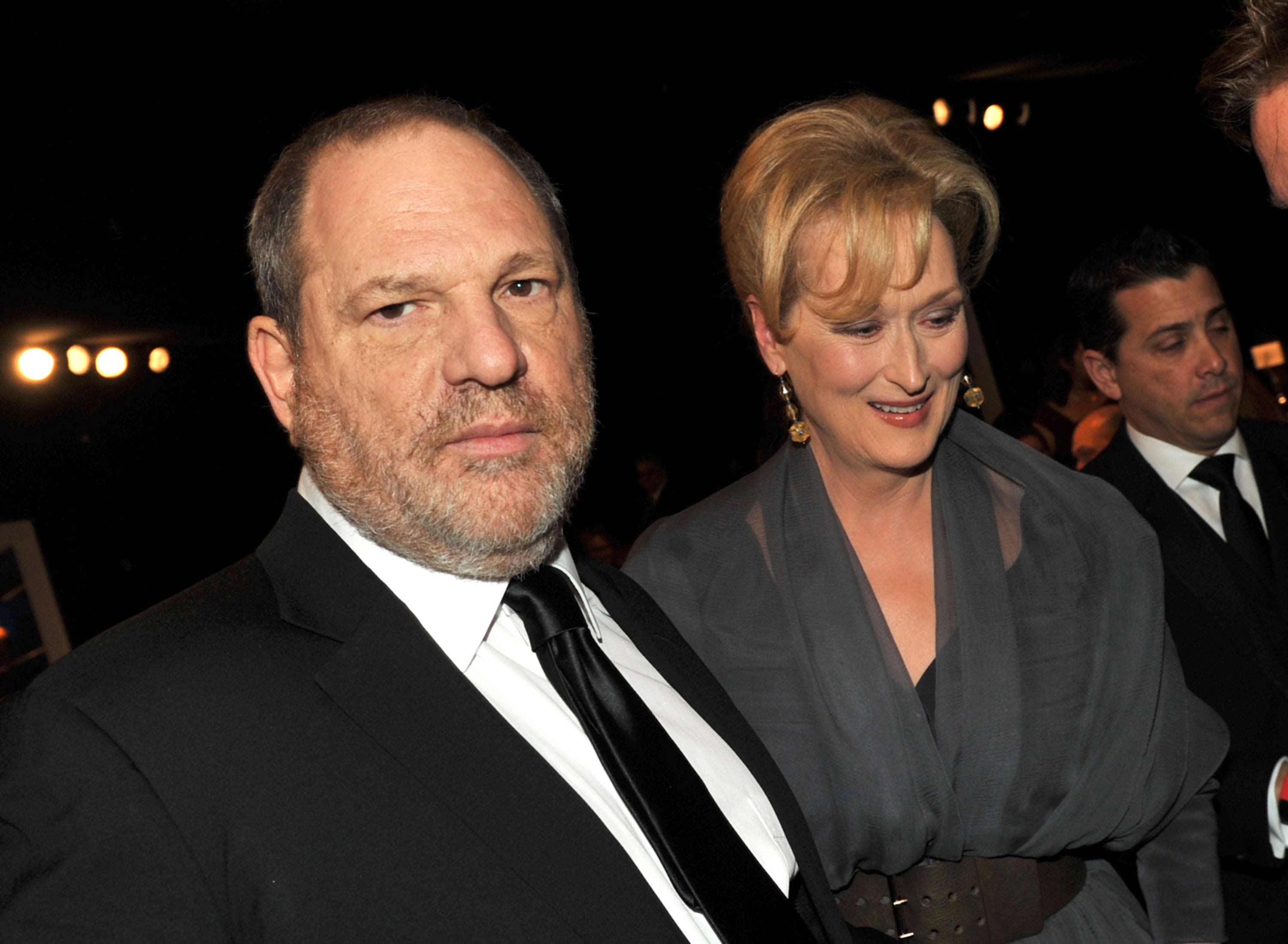Everyone’s heard the saying “I guess chivalry really is dead,” or its counter “I guess chivalry isn’t dead after all,” and, depending on the situation, you’ve likely agreed or disagreed with the statement. Chivalry, though it has its origins in the medieval connotation of knights practicing bravery, courage, honor and courtesy, has run aground in recent years amidst claims of it being rooted in misogyny. To understand why, it’s important to first explore the original meaning of the word.
The concept originally arose in Arthurian England, as tales of King Arthur and his Knights of the Roundtable helped establish, into common understanding, the ways that a chivalrous knight would treat those around him, particularly women. Though modern understanding considers the term to refer more specifically to male-female relationships, the actual concept attempts to convey a way of life centered around selflessness, bravery and justice. The archetypal practitioner, of course, was King Arthur himself, who routinely put the lives of others ahead of his own wellbeing and approached the world from a place of humility and with an intent to do good.
However, while paved in good intentions, the concept was largely predicated on reinforcing traditional heteronormative gender roles. For instance, many stories revolve around strong, courageous men rescuing helpless, also virginal, damsels in distress. Times have changed though, and heteronormative gender roles are no longer what they were back then; the concepts of enforcing gender roles and having to save fair maidens are no longer the norm (and are no longer flattering).

The term chivalry still has the implications of holding slightly misogynistic and heteronormative roles, though. There is nothing wrong with kind gestures and helping others out when they are in need—in fact, it’s wonderful to see people lending a helping hand, though attaching the term chivalry to kind actions can be problematic.
Chivalry has a long history of mainly applying to men, with expectations, really old school and outdated expectations, of how men should treat women and how women are expected to respond to such treatment. More specifically, the concept calls for men to be chivalrous and kind and women to be subservient, grateful and demure. As a result, at least in the oldest definition of how the word was used, the expectation arose that women were helpless and men were there to help.
As time has progressed, however, and women have become more independent and more adamant about their equality to men, the concept of chivalry fell from grace. Since the ideology was rooted in the idea that women need men, modern women, who rejected such helplessness, began to dismiss the term as a vestige of the past. Soon, the claim began circulating that chivalry, and all its attendant baggage, was dead.
Despite its alleged death, however, the meaning behind the term should in no way disappear. Not the misogynistic tendencies or the reinforcement of heteronormative gender roles, but the concept of living your life for others with courage and justice, which was what chivalry was founded in. Currently, the U.S. is living in an era where women live in constant paranoia and fear, where men are getting accused of rape and sexual abuse almost daily: a post-Harvey Weinstein Era. Now more than ever, being kind, having a sense of justice, courage, honor and courtesy, is imperative.
This doesn’t mean going back to heteronormative norms, and it also doesn’t mean women have to be subservient or that men are expected to be in charge of everything. Keeping the meaning of chivalry alive means that the world could stand to benefit more from people living for one another, helping each other out and keeping a sense of justice in their lives. The word itself has a lot of baggage and outdated ideas attached to it, but the main idea behind chivalry is what should be remembered and enforced when using it.
At the moment, the world could use a term such as chivalry; it could help change things for the better. Paranoia and fear have been raking through people more and more these past couple of years, and enforcing justice, living with a code of honor, bravery and kindness could make all the difference. People have always been told to be kind, but right now, specifically with the fear women feel with the sexual allegations coming to light, the word chivalry could do with a bit of polishing.

















